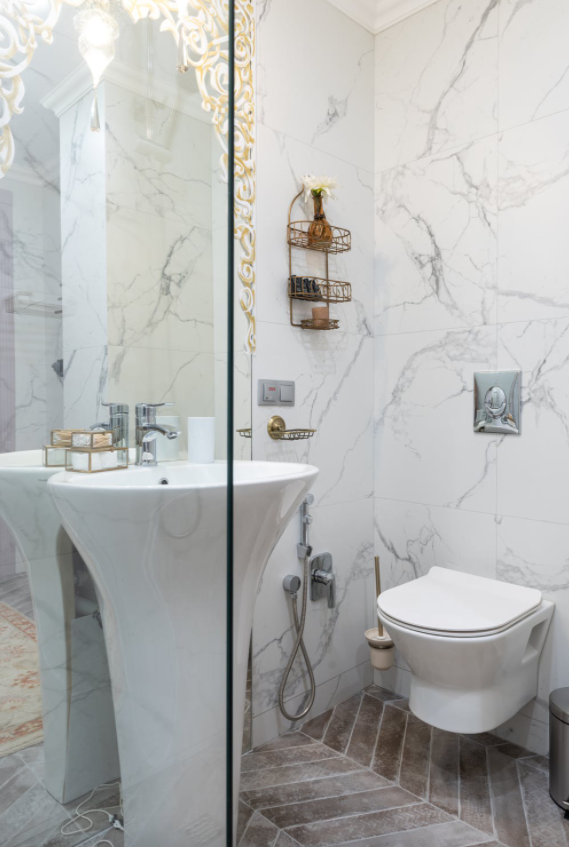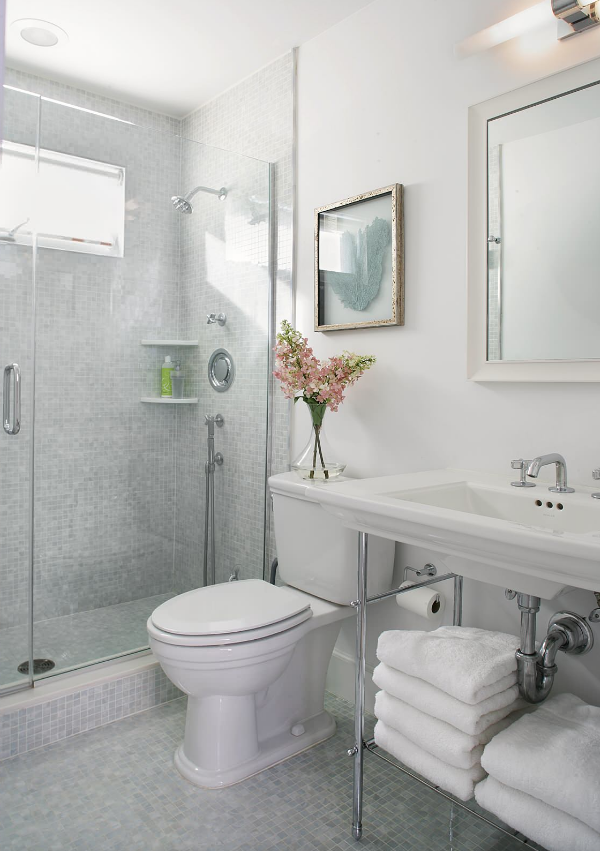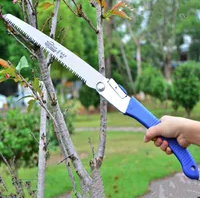The Importance of Proper Drain Care for Long-Term Home Maintenance
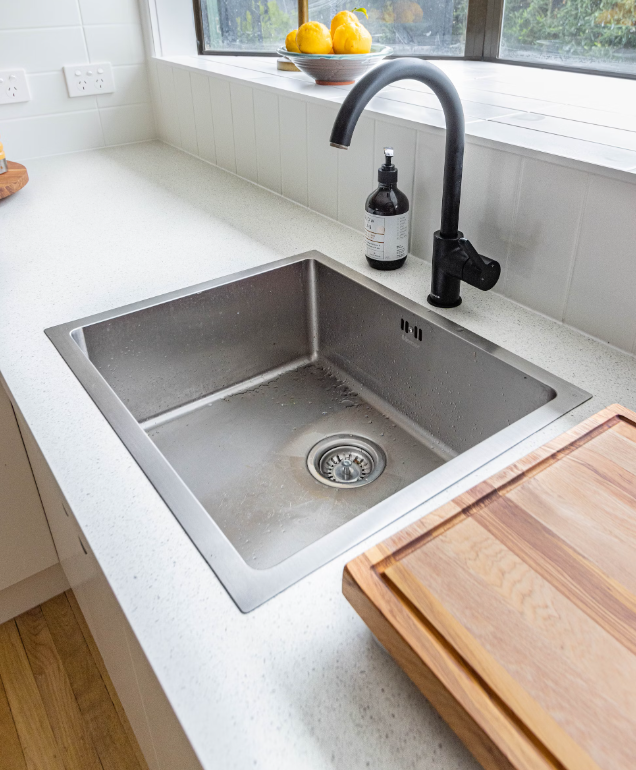
Maintaining your home’s drains is one of the most important steps in keeping your plumbing system running smoothly and avoiding costly repairs!
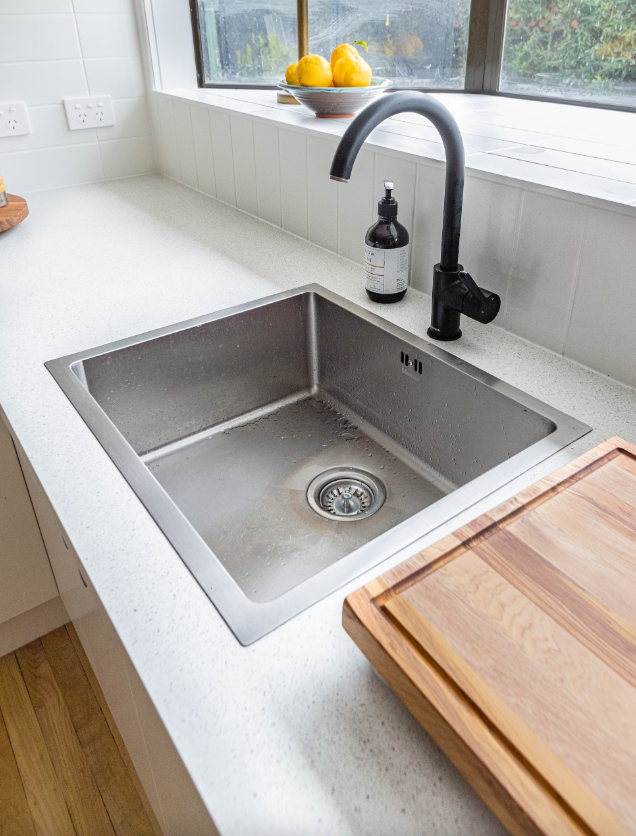
While drains are often overlooked, they play a critical role in efficiently carrying waste and water away from your home. Neglecting them can lead to serious issues like clogs, leaks, and even water damage, which can compromise the comfort and safety of your living space.
Proper drain care is especially vital for homeowners in areas like Rochester, NY, where weather conditions can be unpredictable. Factors like freezing temperatures and debris buildup can create unique challenges that demand regular attention. The good news is that by adopting simple maintenance habits, you can extend the life of your plumbing system, save money, and ensure your home remains in great shape for years to come.
1. Understanding the Basics of Drain Maintenance
Drain maintenance involves more than just unclogging a sink when the water stops flowing. It’s about proactively taking steps to keep your drains clean, clear, and functioning at their best. Regular drain cleaning, inspections, and preventative care all contribute to a healthy plumbing system.
For example, maintenance is important to keep food scraps, grease, and other debris out of your kitchen sink. These materials can accumulate over time, making stubborn blockages difficult to remove. Similarly, hair and soap scum are common culprits in bathroom drains, which need regular cleaning to prevent clogs.
If you live in an area with specific challenges, like Rochester, NY, professional services can help. For instance, businesses specializing in drain maintenance in Rochester, NY offer tailored solutions to address local issues, including winterizing pipes to prevent freezing. By taking preventive action, you can avoid costly repairs and keep your plumbing system in top condition.
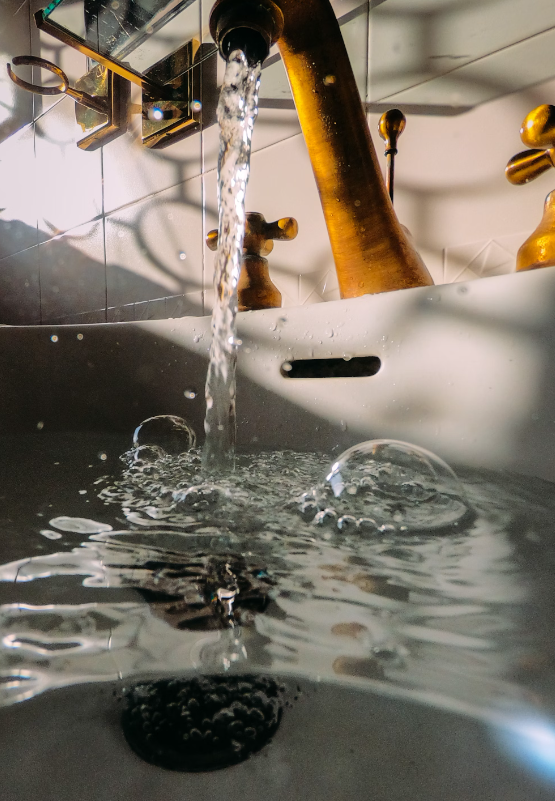
2. Common Problems Stemming from Poor Drain Care
When drains are not properly maintained, minor issues can quickly spiral into major plumbing problems. One of the most frequent issues is clogs, which can occur when debris builds up in pipes over time. A small clog might start as a slow drain, but it can lead to a complete blockage if left unaddressed. This not only disrupts your daily routine but can also put pressure on your plumbing system.
Foul odors are another common problem caused by poor drain care. Over time, organic matter like food particles or grease can collect in pipes, creating unpleasant smells that can waft through your home. These odors can also signal a larger issue, such as sewer line problems requiring immediate attention.
Additionally, neglecting drain care can lead to pipe corrosion. Accumulated debris and chemicals can erode the inside of your pipes, weakening them and increasing the risk of leaks or bursts. These issues are inconvenient and can result in expensive water damage to your home.
3. The Benefits of Preventive Drain Maintenance
Taking a proactive approach to drain care offers numerous advantages for homeowners. One of the biggest benefits is cost savings. Routine cleaning and inspections help you catch small issues before they escalate into costly emergencies. For example, removing a minor clog is far less expensive than repairing a burst pipe caused by long-term neglect.
Preventive maintenance also contributes to a more comfortable and hygienic home environment. Clear drains ensure that wastewater is removed efficiently, reducing the risk of unpleasant odors or standing water. This is particularly important in bathrooms and kitchens, where sanitation is crucial.
Additionally, keeping your plumbing system in good condition can extend the life of your pipes and appliances. Water heaters, dishwashers, and washing machines all function properly on your plumbing system. Regular drain maintenance helps these appliances run more efficiently, saving you money on energy bills and reducing wear and tear.
4. Tools and Techniques for DIY Drain Maintenance
While professional services are important, you can take plenty of steps to maintain your drains yourself. Investing in basic tools like a plunger or a drain snake can go a long way in keeping your plumbing system in good shape. A plunger is great for clearing minor clogs in sinks and toilets, while a drain snake can be used to remove hair and debris trapped deeper in the pipes.
Natural cleaners are another effective way to maintain your drains. A simple combination of baking soda and vinegar can help break down buildup and clear out pipes without the use of harsh chemicals. Pour half a cup of baking soda into the drain, followed by half a cup of vinegar, and let the mixture sit for about 15 minutes before flushing with hot water. This method is both environmentally friendly and safe for your pipes.
It’s also important to adopt good habits, such as disposing of grease and food scraps in the trash rather than washing them down the sink. Using drain screens in your kitchen and bathroom can catch debris before it enters the pipes, making it easier to keep them clean.
However, not all issues can be solved with DIY methods. If you notice recurring problems, such as persistent clogs or slow drainage, it’s best to call a professional plumber to assess the situation and provide a long-term solution.
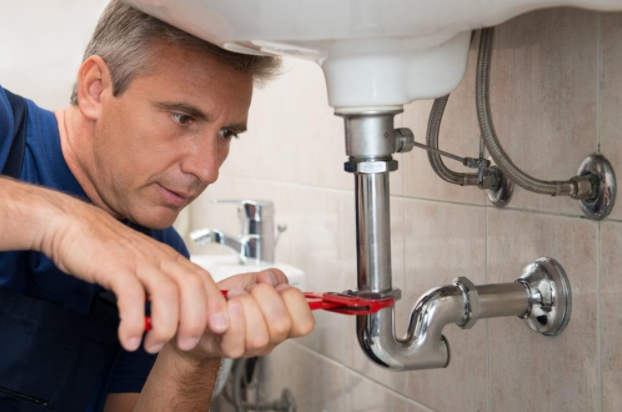
5. When to Call a Professional Plumber
There are times when professional expertise is essential for resolving drain issues. Persistent clogs, frequent backups, or slow drainage are clear signs that your plumbing system may need a professional assessment. Additionally, if you notice water pooling around fixtures or hear unusual gurgling noises from your drains, these could indicate more significant problems within the system.
Professional plumbers use advanced tools and techniques to identify and address the root causes of issues. For example, video inspections allow them to see inside pipes and pinpoint blockages or damage. Hydro jetting, another common technique, uses high-pressure water to clear stubborn clogs and debris. By consulting a licensed plumber, you can tackle issues effectively and prevent further damage to your system.
In conclusion, regular drain care is essential to maintaining your home’s plumbing system and protecting its overall value. By taking proactive steps to clean and inspect your drains, you can avoid common problems like clogs, odors, and water damage while extending the life of your plumbing system.
Whether it’s investing in DIY maintenance tools, adapting to seasonal challenges, or calling a professional plumber when needed, the effort you put into drain care pays off in the long run. With proper attention and care, you’ll enjoy a safe, efficient, and worry-free plumbing system for years to come.


